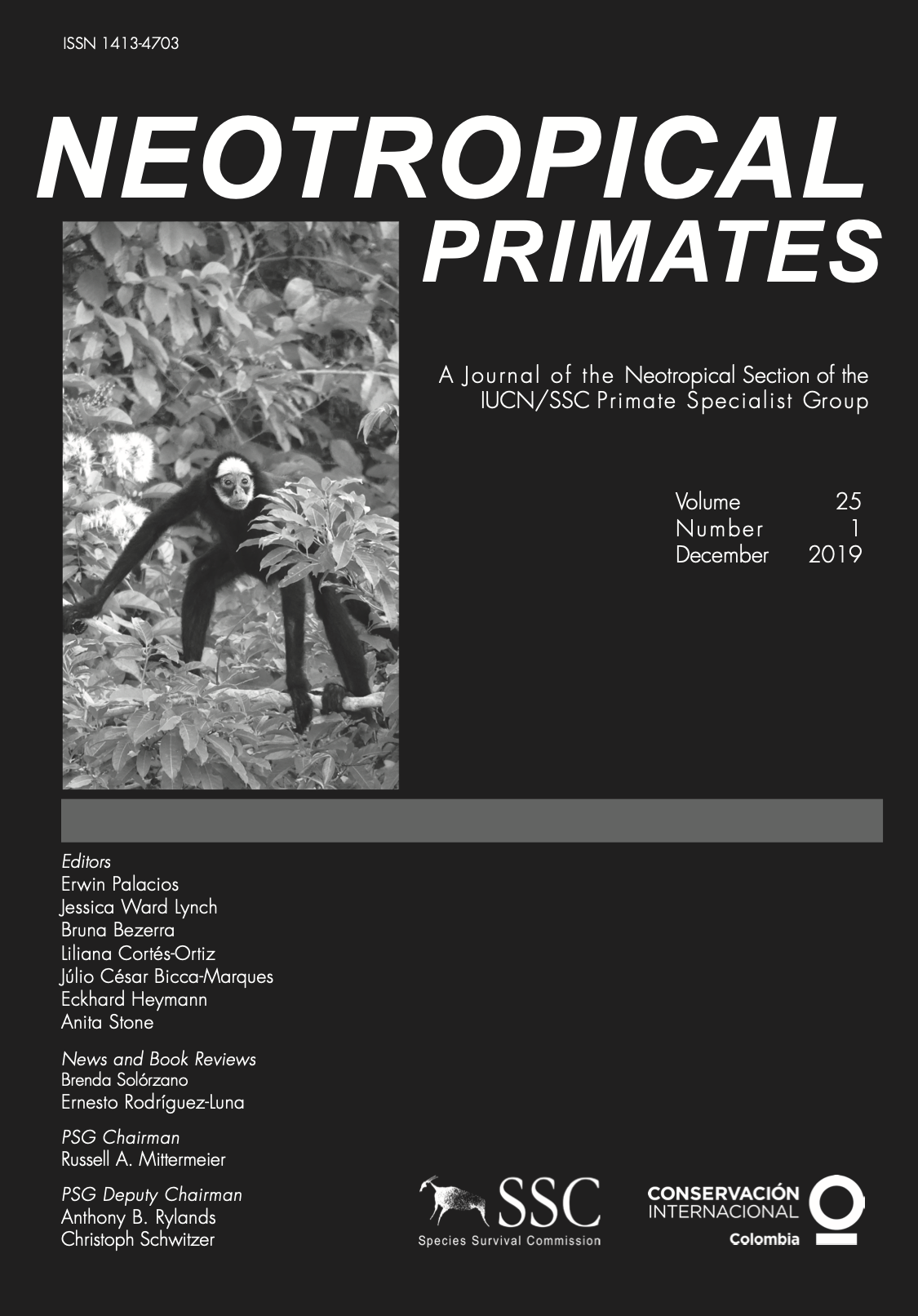Demographic dynamics of Peruvian black-faced spider monkeys (Ateles chamek) reintroduced in the Peruvian Amazon
DOI:
https://doi.org/10.62015/np.2019.v25.86Keywords:
Ateles chamek, Madre de Dios, matrix models, reintroductionAbstract
Reintroductions of animals are important conservation tools for different taxa around the world. A reintroduction program in the Peruvian Amazon is focusing on black-faced spider monkeys (Ateles chamek). We investigated life-history parameters such as stage-specific survival and female fertility rates using a capture-mark-recapture framework and data from the literature. We estimated growth rate and probability of extinction for a reintroduced group using matrix models, as well as testing whether population growth depends more on survival of juvenile females or adult females. Our results suggest the population of the reintroduced group is decreasing. After projecting the group size for the next 25 years using different scenarios, we found that in order for the group to persist, survival rate of the female adult stage needs to exceed 79 %. Given that group growth rate is more sensitive to the survival of adult females, management measures actions that target this demographic are required to guarantee survival of the group. Extrapolations of our results are subject to restrictions imposed by the small sample size and the conditions specific to this reintroduction program. However, this study may provide valuable lessons for reintroduction programs attempting the recovery of wild populations of similar species.

Downloads
Published
Issue
Section
License

This work is licensed under a Creative Commons Attribution-NonCommercial-ShareAlike 4.0 International License.


